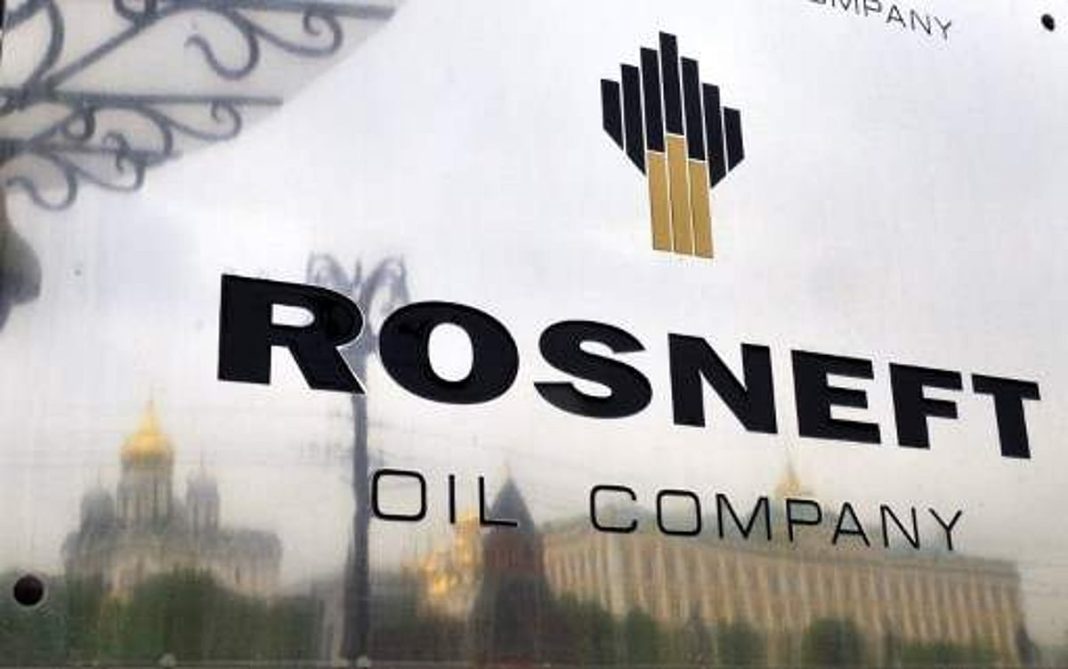Key Takeaways
- US sanctions on Rosneft and Lukoil could increase India’s oil import costs by 2%
- These two Russian firms supply about 60% of India’s Russian crude imports
- India must find alternative suppliers as it imports 85% of its crude requirements
Recent US sanctions targeting Russia’s largest oil companies, Rosneft and Lukoil, are projected to raise India’s crude oil import expenses by approximately 2%. Industry experts warn that this move will force India to seek alternative suppliers at higher market prices.
Impact on India’s Oil Imports
Rosneft and Lukoil collectively export 4-5 million barrels daily worldwide. For India, which has significantly increased its reliance on discounted Russian crude over the past three years, these companies account for nearly 60% of Russian oil supplies.
“The sanctions by the US on certain Russian crude oil producers are likely to impact the purchases by India as these suppliers accounted for about 60% of the volumes purchased. While India can substitute the purchases from Russia with suppliers from the Middle East and other geographies, the import bill for crude oil would increase. On an annual basis the replacement by market priced crude would lead to an increase in import bill by less than 2%,” said Prashant Vasisht, Senior Vice President and Co-Group Head, Corporate Ratings, ICRA Ltd.
India currently imports approximately 1 million barrels per day from Russia, with Rosneft alone supplying nearly this entire volume. Given that India meets 85% of its crude needs through imports, the country must now explore alternative suppliers to maintain energy security.
International Sanctions Context
US President Donald Trump announced the sanctions as part of efforts to pressure Moscow toward peace negotiations in Ukraine. The announcement coincided with the indefinite postponement of a planned meeting with Russian President Vladimir Putin.
The United Kingdom had already sanctioned both Russian oil giants earlier in the week, while the European Union approved its 19th sanctions package, including a ban on Russian LNG imports starting January 2027. The US has also urged Japan, another major Russian LNG buyer, to halt energy imports from Russia.
India’s Response and Trade Implications
President Trump previously claimed that Prime Minister Narendra Modi assured him India would “not going to buy much oil from Russia” and wanted to see the Russia-Ukraine war end. However, India’s Ministry of External Affairs denied any such assurance.
The Indian government hasn’t issued formal directives to oil marketing companies to reduce Russian imports, though industry executives acknowledge declining purchases in recent months.
State-run firms including Indian Oil Corporation, Bharat Petroleum, and Hindustan Petroleum have initiated talks with Middle Eastern and African national oil companies for long-term supply contracts beginning in 2026.
India faces growing pressure from the US and EU over its continued imports of discounted Russian crude, which Western nations argue finances Moscow’s war efforts. In retaliation, the Trump administration imposed 50% tariffs on select Indian goods.
Import Trends and Data
September data from Kpler shows India slightly reduced Russian crude imports that month, though Russia remained its top supplier. Imports fell by 0.16 million barrels per day compared to the January-August 2025 average.
Monthly imports fluctuated throughout 2025: starting at 1.67 mbpd in January, dropping to 1.48 mbpd in February, then rebounding to peak at 2.1 mbpd in June before settling at nearly 2 mbpd in August.




